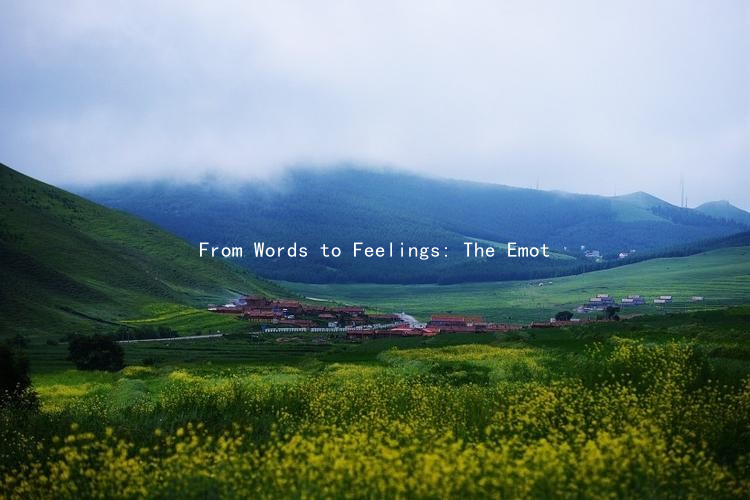From Words to Feelings: The Emotional Impact of What You Say in Love
In the realm of love and relationships, the words we choose to express our feelings can wield immense power. Language not only conveys messages but also shapes emotions, deepens connections, and can even mend rifts. Understanding the emotional impact of what we say is essential for anyone hoping to cultivate a lasting, fulfilling relationship.
When we embark on a romantic journey, communication becomes the bedrock on which feelings are built. The initial exchanges often serve as the framework of attraction. Compliments, playful banter, and sincere expressions of interest can ignite passions and foster intimacy. For example, You light up my day or I admire your passion, can resonate deeply, letting your partner know that they are seen and valued.
Once a relationship develops, the significance of what we communicate only amplifies. Expressions of love, whether verbal or written, create a sense of security. Phrases like I appreciate your support or I love how you understand me can reinforce bonds and make partners feel emotionally safe. The act of verbalizing appreciation not only puts your partner’s qualities in the spotlight but also encourages them to continue displaying positive behaviors.
However, communication in love isn’t just about the positives. Addressing difficult topics is equally crucial, even if they may lead to discomfort. Phrases like “I feel hurt when…” or “Can we talk about how this affected me?” can pave the way for honest discussions. Vulnerability in expressing feelings fosters trust; it shows a willingness to work through challenges together.

Additionally, the tone and context in which we convey our feelings can greatly affect how messages are received. A simple apology, when poorly timed or said dismissively, can come off as insincere. A heartfelt “I’m sorry I hurt you” said with genuine remorse can heal wounds and demonstrate accountability. Thus, it’s not just what we say, but how we say it that matters profoundly in communication.
We must also be mindful of non-verbal cues that accompany our words. Body language, eye contact, and even silence can communicate volumes. A warm smile or a gentle touch can enhance the words you express, reinforcing the message behind them. Conversely, crossed arms or averted gaze can contradict your verbal affirmations, leading to confusion and mistrust.
Moreover, sincere and open dialogue fosters emotional intelligence in a relationship. Engaging in conversations about dreams, fears, and values allows both partners to understand each other on a deeper level. Questions like “What’s your biggest dream?” or “What do you fear the most in our relationship?” can evoke profound conversations that strengthen the emotional connection.
In conclusion, the emotional impact of what we say in love is profound. Words can build bridges or create walls; they have the power to uplift or to wound. Being intentional with our language and mindful of our delivery is essential in nurturing a healthy, loving relationship. By focusing on clear, empathetic communication, we can transform mere words into lasting feelings, ensuring our romances flourish and withstand the tests of time.





